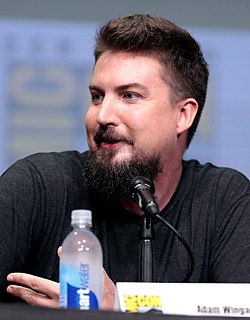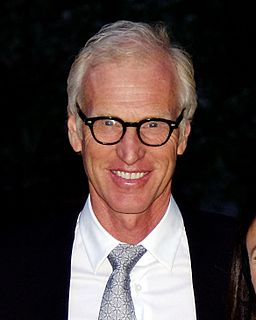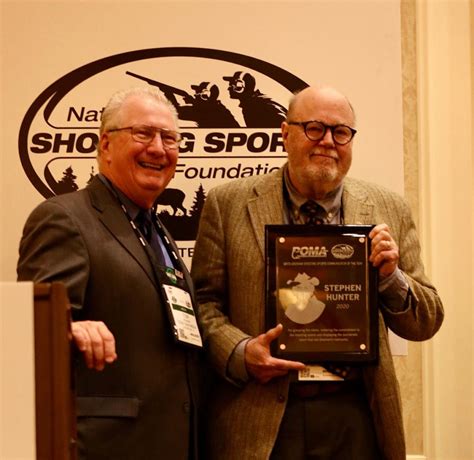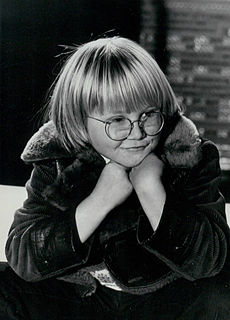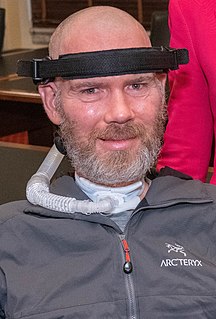Цитата Адама Вингарда
«Кловерфилд» и «REC» — отличные примеры фильмов, в которых использовались устаревающие жанры, фильмы о монстрах и фильмах о зомби, и, снимая их на найденных кадрах, это была новая перспектива. Это дает вам совершенно новый взгляд и помогает вам пережить это снова и снова.
Связанные цитаты
«Новые» фильмы почти всегда моднее, быстрее, в них агрессивно смешиваются жанры, они заглушают свои жанровые истоки в новой форме, их меньше, и они, как правило, стоят намного больше денег, потому что на мегахите обычно зарабатывают больше, чем на мегахите. вы делаете на устойчивой прогрессии безубыточности. Кроме фильма ужасов.
Когда я был ребенком, я был большим поклонником фильмов Universal Monsters 1930-х и 1940-х годов. Я любил такие фильмы, как «Человек-волк» (1941) и «Дракула» (1931). Я очень хотел сниматься в этих фильмах. В конце концов я начал придираться к родителям по этому поводу, и это превратилось из «Я хочу быть в фильме о монстрах! Я хочу быть в фильме о монстрах!» до «Я просто хочу сняться в кино». Так что я думаю, что мои родители просто подумали, что если они приведут меня на одно прослушивание, я увижу, насколько это скучно, и я не захочу этого делать. Но в итоге я получил эту роль, а после этого я получил еще кучу ролей.
Со временем это становилось все более и более интенсивным, что касается фактора доверия. Например, когда мы начали монтаж фильма [Мечта о жизни], я подумал, чувак, мне нужно разобраться во всех кадрах, которые у меня есть; Мне нужно заземлить пленку. И однажды я тусовался в спальне Патти [Смит], где работает Патти, и в углу ее спальни стоит этот большой стул, и тогда она начала показывать мне свои личные вещи. Камера была там, и мы поняли, что действительно снимали фильм и придавали смысл отснятому материалу.
